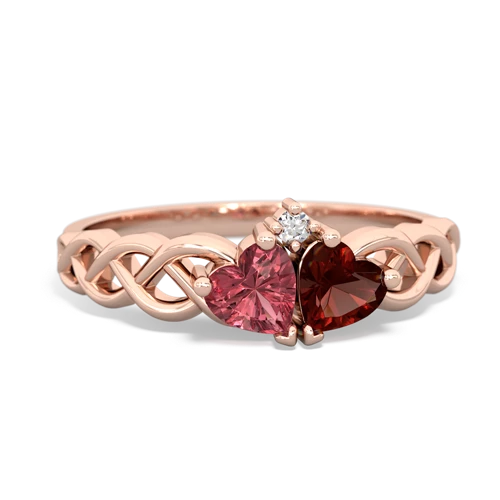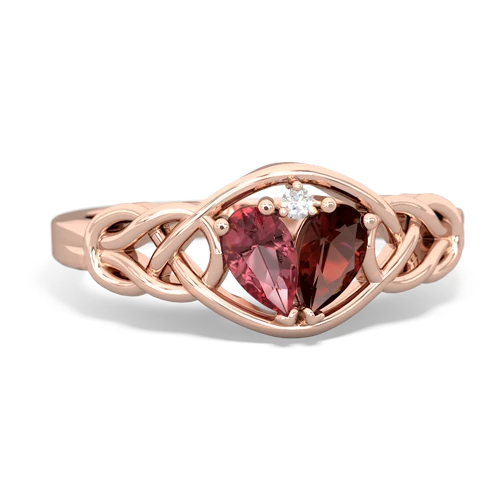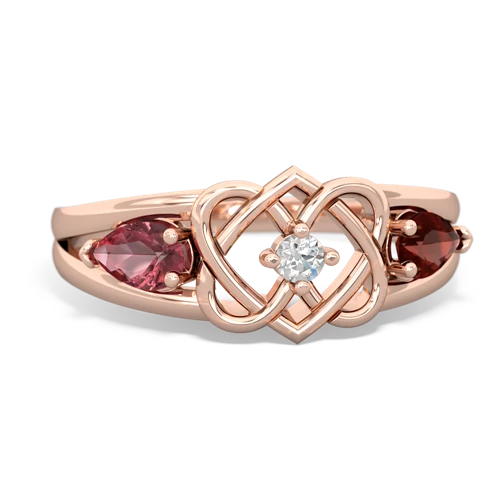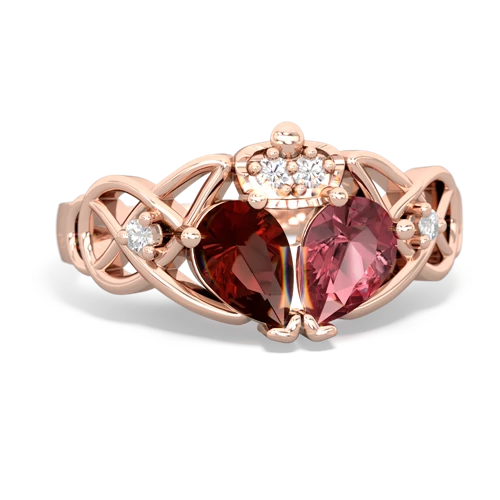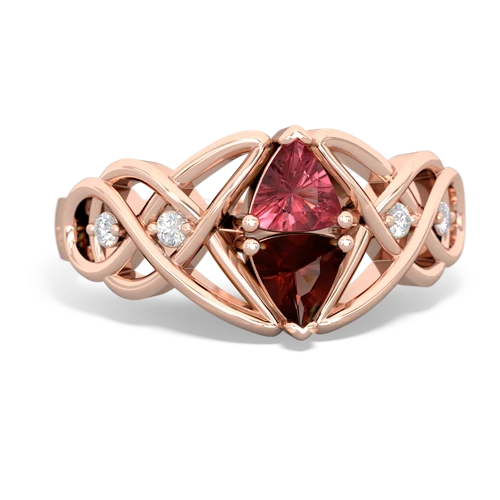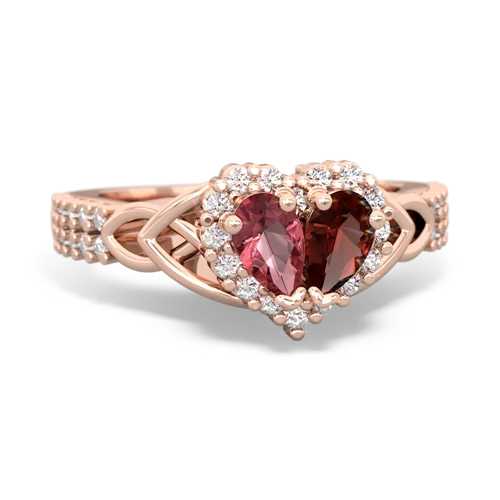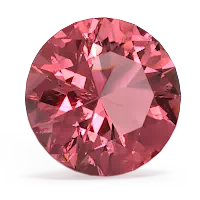
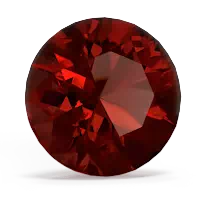
The celtic knot is an ancient symbol of the journey of life. With no beginning and no end, the knot represents the timeless nature of our spirits and the world we live in. A Pink Tourmaline celtic knot combines these concepts with the spiritual attributes of the Pink Tourmaline . Pink tourmaline is a birthstone of October, along with opal, and is a truly special gem. The deep rosy color of a pink tourmaline ring will be sure to attract attention. One of the oldest gemstones in history, garnet is the birthstone of January. Garnet rings have been popular since Victorian times, and are treasured for their deep red color.
